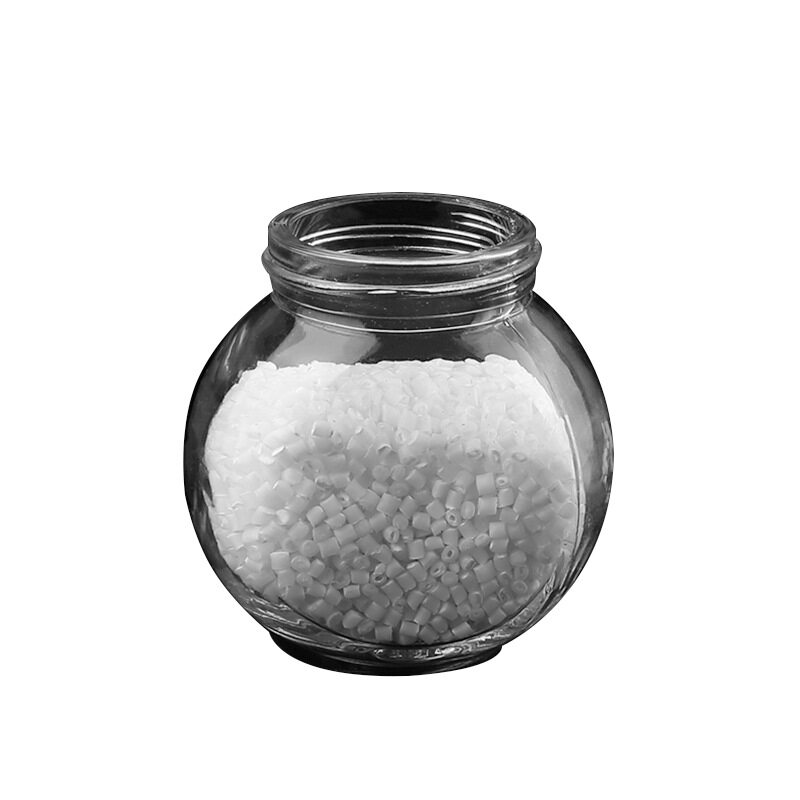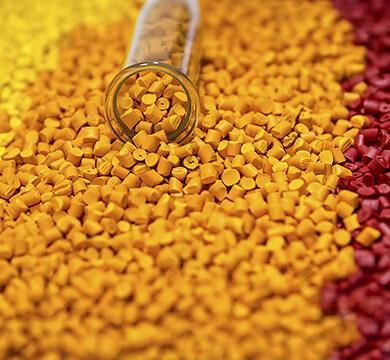Erreur de format d'e-mail
emailCannotEmpty
emailDoesExist
pwdLetterLimtTip
inconsistentPwd
pwdLetterLimtTip
inconsistentPwd

Offer Technical Support and Customized Solutions
The company is committed to creating new and improved plastic materials to meet the evolving demands of the market.

Wonders of POM Plastic Material: What You Need to Know
Introduction
In the realm of plastics, Polyoxymethylene (POM) stands out as a versatile and widely-used material. But what is POM plastic material, and why does it hold such prominence? Let's delve into the intricacies of this engineering polymer to understand its composition, properties, applications, and the broader implications across various industries.
Chemical Composition and Structure of POM
Polyoxymethylene, often referred to as acetal or polyacetal, is a high-performance engineering thermoplastic. Its chemical structure consists of repeating -CH2O- units, contributing to its exceptional strength and rigidity. Understanding the molecular intricacies sheds light on why POM is favored in diverse applications.

Properties of POM
Mechanical Marvels
POM boasts commendable mechanical properties, including noteworthy strength, stiffness, and toughness. Its ability to withstand heavy loads and resist wear make it a prime choice in demanding applications like automotive gears and bearings.
Thermal and Chemical Resilience
With a high melting point and excellent heat resistance, POM remains dimensionally stable even under extreme temperatures. This feature, coupled with robust chemical resistance, expands its utility in various environments, from medical devices to electronic components.
Types of POM
POM comes in two primary forms: homopolymer and copolymer. The homopolymer variant excels in dimensional stability, while the copolymer, incorporating variations in its molecular structure, offers improved chemical resistance. Selecting the appropriate type depends on the specific demands of the application.
Manufacturing Process of POM
The journey from polymer pellets to the final product involves intricate steps, with injection molding reigning supreme. This widely-used process ensures precision and efficiency, making POM production a cornerstone in the plastics industry.
Applications of POM
Driving Innovation in Automotive
In the automotive sector, POM plays a pivotal role in crafting durable gears and bearings, enhancing overall vehicle performance. Its low friction properties contribute to smoother mechanical operations, emphasizing its importance in the industry.
Touchpoints in Consumer Goods
From zippers to handles and toys, POM's versatility extends into the realm of consumer goods. Its durability, coupled with the ease of molding intricate designs, makes it a favorite material for crafting everyday items.
Advantages of POM
POM's high strength and rigidity, combined with low friction, make it an engineering marvel. These properties ensure longevity and reliability, underscoring its relevance across diverse sectors.
Challenges and Limitations of POM
However, POM is not without its challenges. Sensitivity to UV radiation and environmental considerations pose hurdles, urging industries to balance performance with sustainability.
Comparisons with Other Plastics
Comparative analyses with other engineering plastics, such as nylon and PET, reveal distinct advantages and applications. Understanding these nuances aids in optimal material selection for specific requirements.
Safety and Environmental Impact of POM
Ensuring safe handling practices and acknowledging POM's environmental footprint are crucial considerations. Striking a balance between performance and ecological responsibility is imperative in the ever-evolving landscape of materials engineering.
Future Trends and Developments in POM
Ongoing research continues to push the boundaries of POM technology. From enhanced formulations to novel applications, the future promises exciting possibilities for this stalwart polymer.
Case Studies
Real-world examples illuminate POM's successes and occasional challenges. Examining both triumphs and setbacks provides valuable insights for industries relying on this resilient material.
Conclusion
In conclusion, the question of "what is POM plastic material" unravels a narrative of resilience, adaptability, and innovation. As we navigate an increasingly complex technological landscape, understanding the intricacies of materials like POM becomes pivotal, bridging the gap between scientific advancements and real-world applications.

